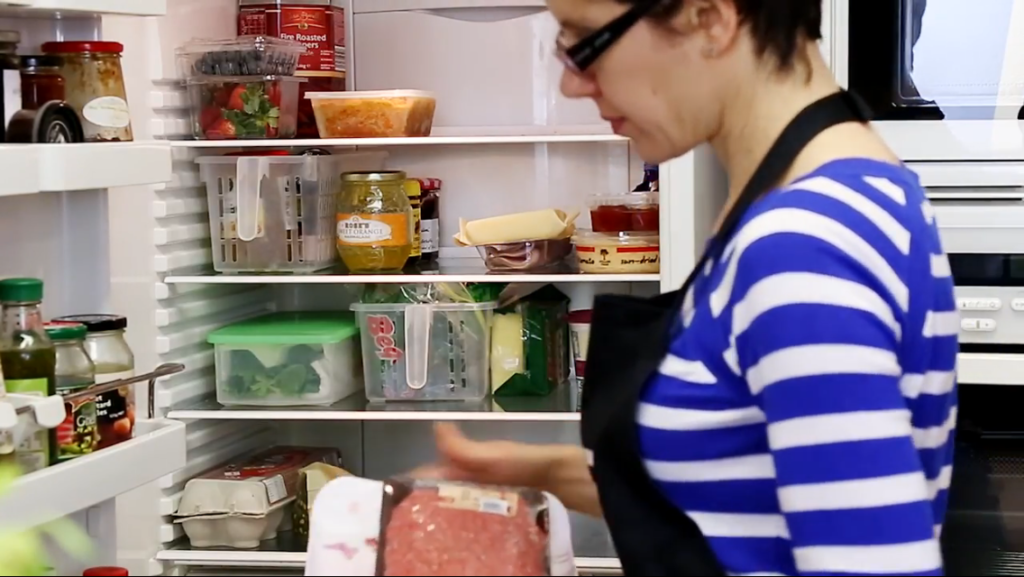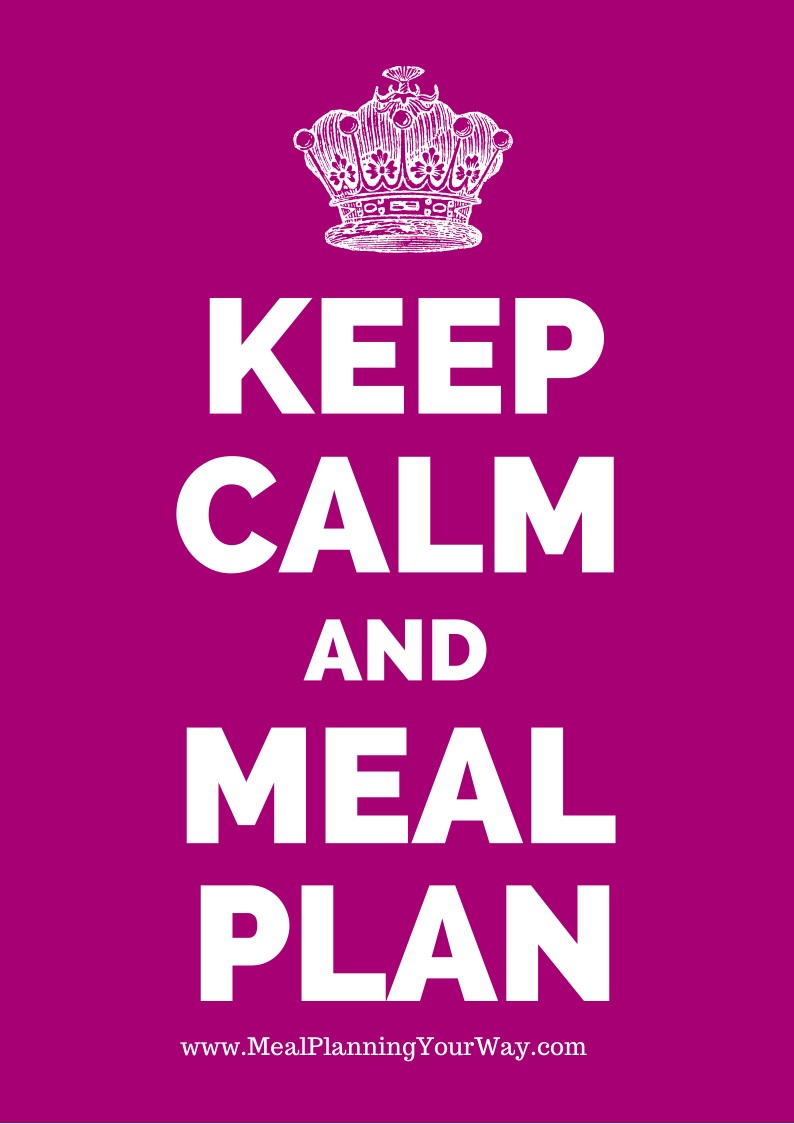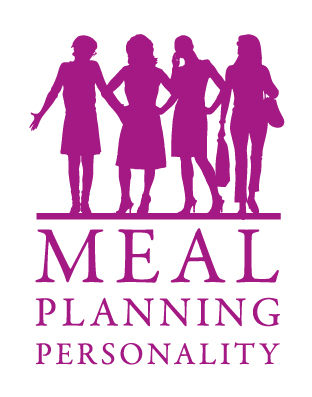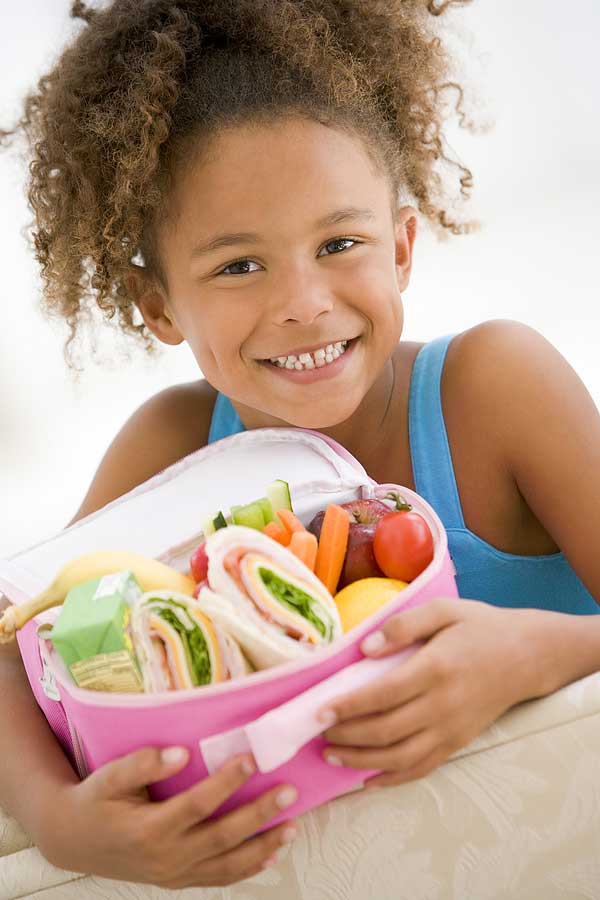In this post I share Ingredient substitutions from a few sources. They are all handy references for what to use when you don’t know!
One thing I *thought* lockdowns taught us, the first time round, were 3 important lessons:
- Don’t hoard.
- Don’t freak out.
- Shops are always going to be open.
I thought we learned these lessons. Apparently not.
My home town of Brisbane, Australia has been instructed to go into lockdown for 3 DAYS from 6pm Friday 7 January until 6pm Monday 11 January 2021.
This is because the Queensland chief health officer is concerned the first Australian case of the UK strain of COVID-19 has made it into the community via a cleaner working in hotel quarantine for international arrivals (Australians who could finally return home). We do not know the full extent of cases that might result from casual contacts, so in attempt to find/ slow community transmissions, we have been asked to stay home for the weekend. Guess what – It’s a wet weekend! No drama. Shops are still open. You can exercise outside. Just wear a mask.
Cue Drama
As soon as it was announced that we would be going into lockdown, FOR 3 DAYS, crowds were gathering in and around supermarkets. Fights broke out. Shops closed because people stopped thinking and had their mind hijacked by their amygdala! Fight or Flight ring a bell?
A 3 DAY lockdown does not mean supermarkets shut! THEY STAY OPEN.
See lesson learned above, specifically #3.

Why do we panic buy?
The shops are OPEN for ALL 3 of these days, so I’m trying to understand the need to panic buy and hoard. Are people filled with anxiety because they don’t want to leave the house wearing a mask? Neuroscience tells me this might be a fear response. But is it? I wonder if we have lost the ability to do what our parents and grandparents did – make do with what we have? Maybe I’m just getting old. Isn’t this part of resilience?
Will we starve if we choose not to go to the shops for 3 days? (Minor detail – supermarkets are still open!!)
Is it that we cannot stand the feeling of running out of something? Is it unbearable? Since when?
Why can’t we see this as AN OPPORTUNITY?
I’m pretty sure we can cope if the cupboard is running low. We can we adopt a growth mindset, be innovative and think of a 3 day lockdown as a MasterChef mystery box challenge. (Minor detail – supermarkets are still open!) Honestly it’s actually better to go to the shops during a lockdown! Less crowded and people have to wear a mask. And if all else fails – get takeout. Support local hospitality businesses doing it tough! For the heck of it I grabbed my mask and walked to my local cafe to pick up the order I texted through. They were delighted to have a customer.
In looking at this deeper though. I think we need to look at what our choices represent.
Is it our usual practice to drive multiple times to the shop for things we forget? Why is that? Why have we not stopped to consider the impact this has on our time budget, our mental well-being because we’re stressed, not to mention the environment?
Food waste – we toss out so much food normally because we hoard and don’t use what we have. Are we organised enough to see and find what we have and use it before it goes off? click here to check out my article on reusing leftovers.
Can we be ok with “making do” or is it perfection we are striving for? Have our family and partners become so intolerant of not having exactly what they want? Shout out to those families dealing with sensory processing issues. Your struggle is real with nuances between brands detected. I honour you!
Do we not know or have confidence in our substitution skills? Sure you might have wanted to cook something with cauliflower but you only have broccoli. Or it’s frozen. Can we embrace near enough and “creativity”? Is this a teaching moment of resilience???
I’m also wondering is this is more broadly about cooking skills?
Did you learn this at school? Do your kids know this? Have their grandparents passed this on? Do we value this knowledge? I don’t think we do. If we ever valued life skills and looked at the real impact of being “too busy to eat well” we will see we have gotten some things wrong and somethings right. I think our health and family connectedness is impacted. Back in the day you learned this sort of great stuff in Home Economics. I learned about self actualisation and Maslow’s hierarchy of needs in home ec in high school. It was awesome. Learning personal / self development concepts at age 12. You want an actualised society? Make sure the basics are there.
It’s one thing to choose not to cook but I think we have we have an issue if we don’t know how to cook and use food as a creative life giving tool and one that provides opportunities for conversations of resilience, mathematics, negotiation, our health, the environment, supply and demand and respect.
I hope that my musings helps you to look at your own growth mindset (vs fixed mindset) around food / food habits and how you approach the food conversation and the human response to perceptions of lack and that our needs won’t be taken care of.
I’m sharing a few articles below on: how to store food and vegetables correctly so they last longer; organising decluttering and shopping your pantry and finally substitutions!!
I shared those tips on my Facebook page and again here:
Top tip: Pantry and fridge organising
Why not watch the video and check your storage strategies. It’s a video I worked on in collaboration with Southern Sydney Regional Organisation of Councils – SSROC to address food waste. If you waste a lot of food you’ll discover some great tips to save money and time!

Top tip: Shop your pantry
While you’re at home create a list of 10 x 15 – 30 min recipes that you can whip together with the usual contents of your fridge, freezer and pantry. Stick it on the fridge and make sure you have at least a few of those ingredients on your shopping list each week and for a rainy day. It will save your bacon countless times over!!
Top tip: Ingredient Swaps Resources
When you run out of ingredients it’s worth knowing what you can use instead! These articles provide plenty of examples.
https://www.mindfood.com/article/ingredient-swaps-how-to-get-more-inventive-and-healthy/
https://www.bbcgoodfood.com/howto/guide/common-ingredient-substitutions
https://food.unl.edu/article/ingredient-substitutions.
I hope you find these illuminating and helpful!
💓 Louise










Comments on this entry are closed.